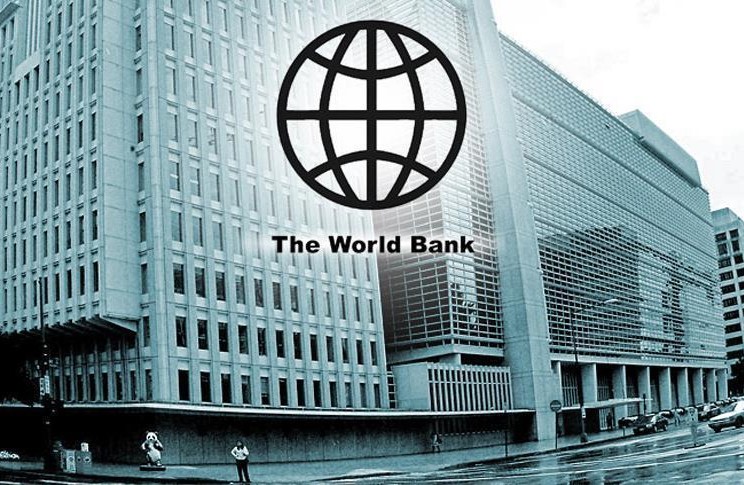The Egyptian regime has once again presented itself as a mediator in the peace process and Palestinian reconciliation, after years of stalemate in the negotiations, the retreat of the Palestinian issue in the Arab world, and the acceleration of normalisation, in conjunction with Washington’s bias towards Israel during the era of former President Donald Trump. This week, the Palestinian factions are discussing, in Cairo, arrangements for holding the next legislative elections, scheduled for next May. Fourteen factions will participate in the three-day round of dialogue, most notably Fatah, Hamas, and Jihad.
The dialogue, which will be held under the Egyptian General Intelligence auspices, focuses on many issues related to the legislative elections and the electoral process’ legal and technical procedures. This came after Cairo hosted a meeting of the foreign ministers of Egypt, France, Germany, and Jordan, with the aim of continuing coordination and consultation on ways to advance the peace process in the Middle East towards a just, comprehensive, and lasting peace. This Egyptian interaction raised many questions about its timing and implications on the one hand, and the ability to restore it on the other hand, after the peace process was absent from the regional and international negotiating table for years.
According to observers, the Palestinian issue has lost much of its momentum, not only because of Trump’s bias towards Israel. It is also due to the decline of Cairo’s role, which had the greatest political weight in the region and is one of the most important parties to the peace process negotiations historically. This Egyptian interaction coincides with the end of the Trump era, which witnessed the American embassy’s transfer to Jerusalem as the capital of Israel, and gave the green light to expand settlement operations. Meanwhile, the Palestinian Authority was surrounded financially and politically and pushed in the direction of the UAE, Bahrain, Sudan, and Morocco after they declared normalisation with Israel, in contravention of the Arab Peace Initiative.
The Egyptian interaction also comes with the advent of a new American administration led by President Joe Biden and an attempt to find common ground between Cairo and Washington as the Egyptian authorities expect a strained relationship with them on issues of democracy and human rights. Keen to be in the picture, Abdel Fattah al-Sisi received the Quartet’s foreign ministers (the Munich Group), praising the quadripartite coordination aimed at breaking the current deadlock in the peace process negotiations. In a statement by the presidency, al-Sisi stressed the importance of moving at present to re-launch the peace process file on the international political arena, taking into account the latest political developments at the international and regional levels. But it is noteworthy in the statement that it emphasised the role of Egypt and Jordan alone, as they are the closest to the cause. The statement said: “And taking into account the membership of the group that includes the two Arab countries closest to the Palestinian cause, as well as the major European Union countries.” Peace negotiations in the Middle East have been frozen since former US Secretary of State John Kerry’s efforts failed throughout 2013 and 2014.
On the indications of Egypt’s return to the top of the peace process file, Ambassador Abdullah al-Ashaal, the Egyptian Foreign Minister’s former assistant, said that there are three indications. The first of these indications is that Israel was heading to escalate settlement activity and dropped from its calculations the political settlement, and the second is that it is consistent with Biden’s intentions, and the third urges the Palestinians to unite behind one goal and end internal divisions. Regarding the timing of this move, al-Ashaal emphasised that the Trump administration was adopting the Israeli point of view, and was not enthusiastic about any bilateral negotiations based on international references, in addition to the fact that regional and international circumstances were not conducive to any move. Al-Ashaal stressed that Egypt’s departure from the issue made the Palestinian issue lose a lot, as it opened the way for Israel to isolate Palestine. But any Egyptian role depends on the compatibility of the Palestinian house, and it is now time for Egypt to appear on the scene again because its national security is linked to the security of Palestine, according to al-Ashaal.
A few days ago, Egypt led a mediation in order to hold a meeting between Palestinian Foreign Minister Riyad al-Maliki and his Israeli counterpart Gabi Ashkenazi, but it was postponed due to the repercussions of the coronavirus pandemic and the closure in Israel, according to Maariv newspaper. At the end of last November, al-Sisi received Palestinian President Mahmoud Abbas from Jordan after he met with Jordanian King Abdullah II, where they discussed developments in the Palestinian issue and the peace process in the Middle East. According to Israeli sources, Egypt was not in agreement with Trump’s policies towards the Palestinian issue.
For his part, the Egyptian opposition writer and politician Mohamed Sherif Kamel said that the Palestinian issue had lost a lot with the Egyptian role’s decline. He pointed out that Egypt now is not like the past, “this transformation is old and not recent, as it began precisely after the Camp David agreement (the peace treaty between Egypt and Israel in 1979), and then the Egyptian role began to decline little by little.” The Egyptian opposition added that, after the military coup in the summer of 2013, Egypt’s role was a correspondent between Gaza and the Israeli government, as well as between Gaza and the Palestinian Authority in Ramallah, and it did not have any role beyond that.





Recent Comments